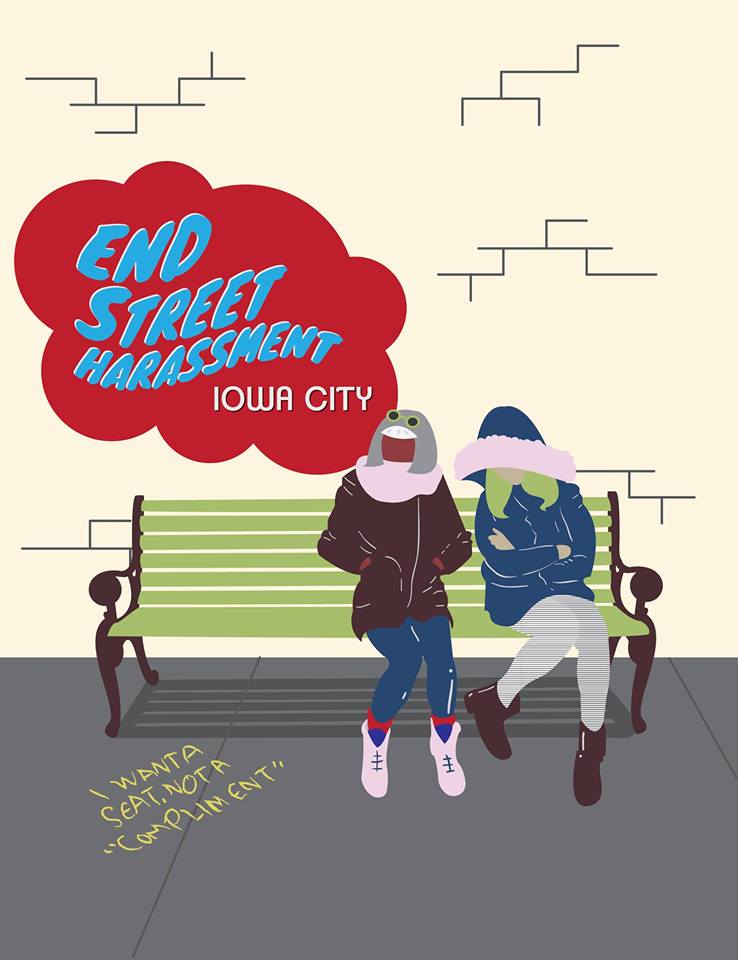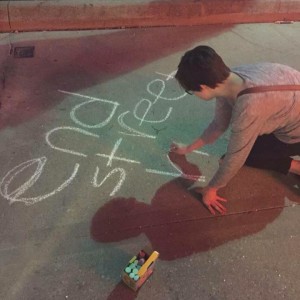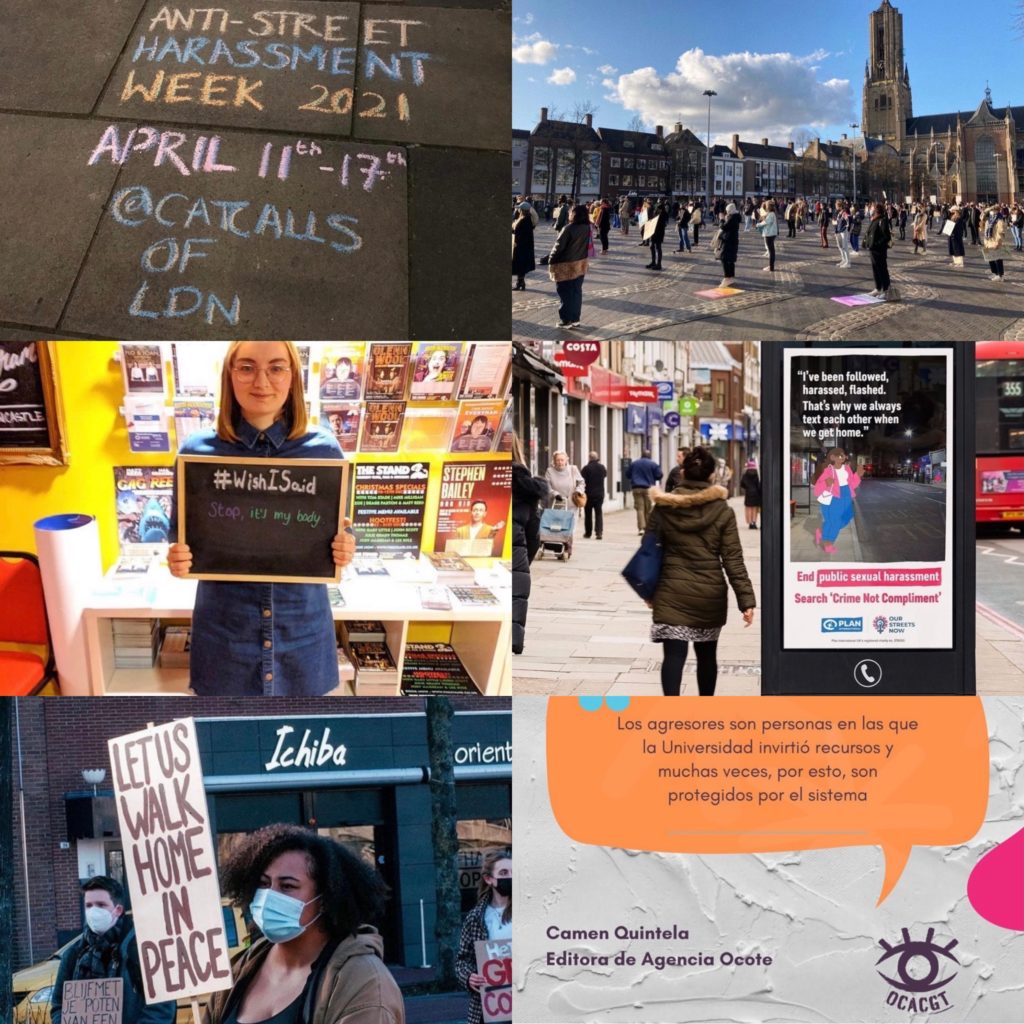
Scores of groups in at least 30 countries, on six continents, joined us in raising awareness about street harassment during the 11th annual International Anti-Street Harassment Week. Thank you so much for joining us.
Here’s a list of participating groups and a photo album documenting much of what took place (you can add your own photos if you don’t see them there!)
With COVID-19 lockdowns and restrictions underway in many parts of the world, most of the activism took place online, and people used a lot of creativity in sharing stories, statistics and facts about street harassment on Twitter, Facebook, Instagram, TikTok and YouTube. Groups like OCAC Guatemala, Accion Respectook, Gender Hug Azerbaijan, Hollaback! Jakarta, Historias de Acoso Callejero and Our Streets Now posted facts and informational graphics each day on their Instagram accounts.
There were zoom panels, tweet chats, Instagram Live discussions and so many posts across the platforms, many of them hosted by our main partner for the week, Safecity. Safecity also ran a “Confidence is Beautiful” campaign on social media.
L’Oreal Paris was another big partner and they released the results of their 15-country study and encouraged people to share their stories and take an active bystander campaign they run in collaboration with Hollaback! Several celebrities joined their campaign to encourage bystander action.
The Chalk Back/Catcalls of NYC was another critical partner this year and their groups did chalking in cities across the globe. Catcalls of NYC did a big chalking event and in partnership with The Real Catwalk held a story-telling, chalking, reclaim-your-power event.
Many other groups did chalking, put up stickers, posters and flyers in their community and held awareness-raising events like demonstrations and rallies.
- There were three rallies against street harassment held in the Netherlands organized by various groups, for instance.
- Plan Belgium held a “safety walk” in a few cities to evaluate what could be improved to make the city feel safer.
- Plan UK and Our Streets Now collaborated to release a PSA campaign on billboards and bus stops across the UK for their “Crime not Compliment” campaign aimed at changing national laws (sign the petition).
- In Lambeth, UK, there was a violence against women forum where street harassment was part of the discussion.
In Australia, the organization It’s Not a Compliment launched a new campaign #NoSpaceForHarassment with story-sharing, videos and social media posts. They launched the results of a new study about street harassment in Victoria at an in-person event. And they made a video with anti-harassment groups around the world: Observatorio Contra el Acoso Chile, Stop harcèlement de rue, Next Stop_mi, Fairspace, Bristol Zero Tolerance and 婦女新知基金會
This is a challenging time in the world, with COVID-19 cases continuing to surge, and with it issues like poverty, hunger and joblessness soaring. Many of us have even less time to engage in activism as we take on more care-taking duties + work (me included!). But even still, street harassment continues to be a big problem and it’s important for us to speak out when and how we can – and we appreciate everyone who took the time to join in. Your stories, your voice, your time matters. Together we are stronger.

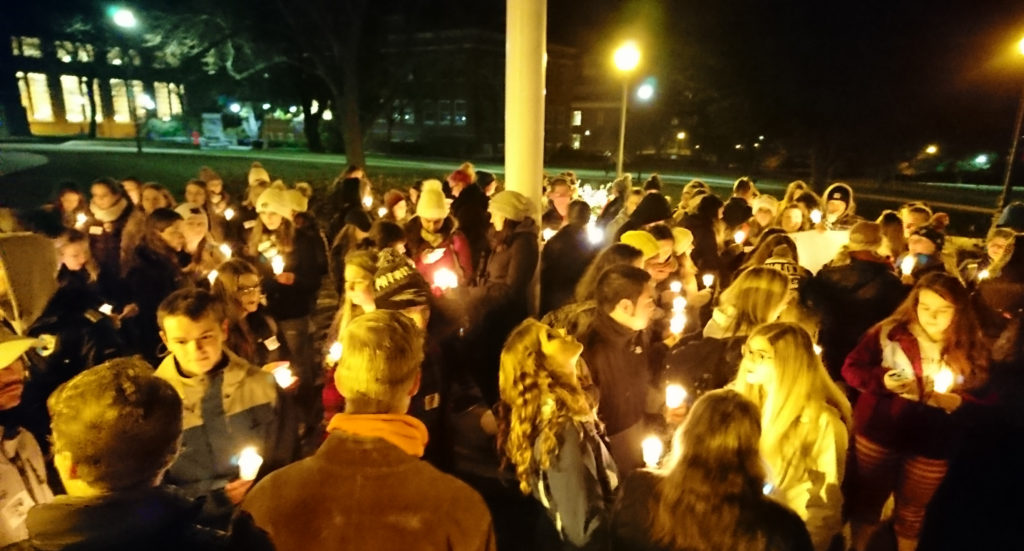
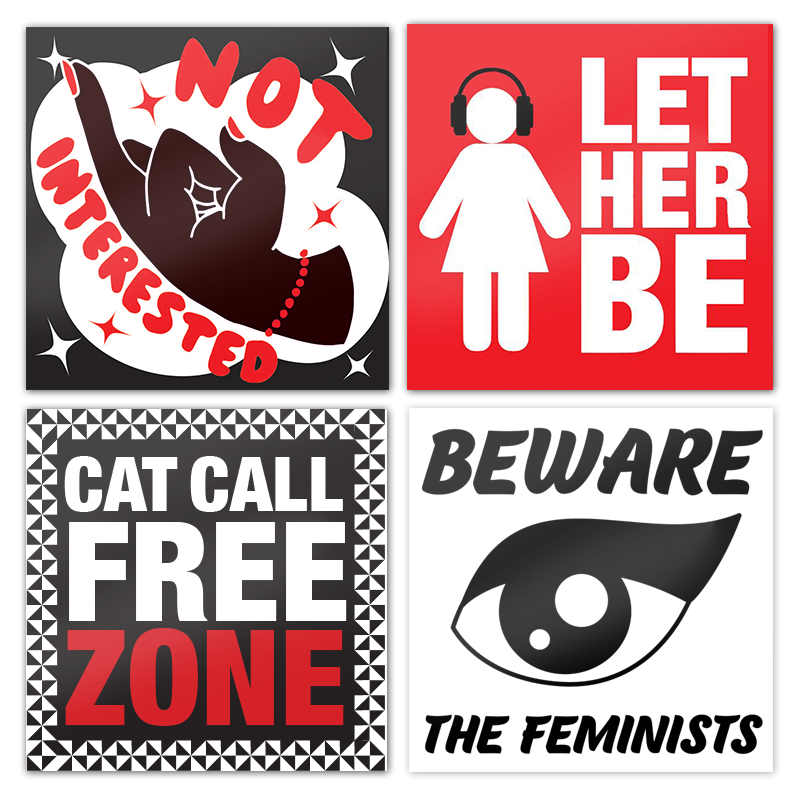
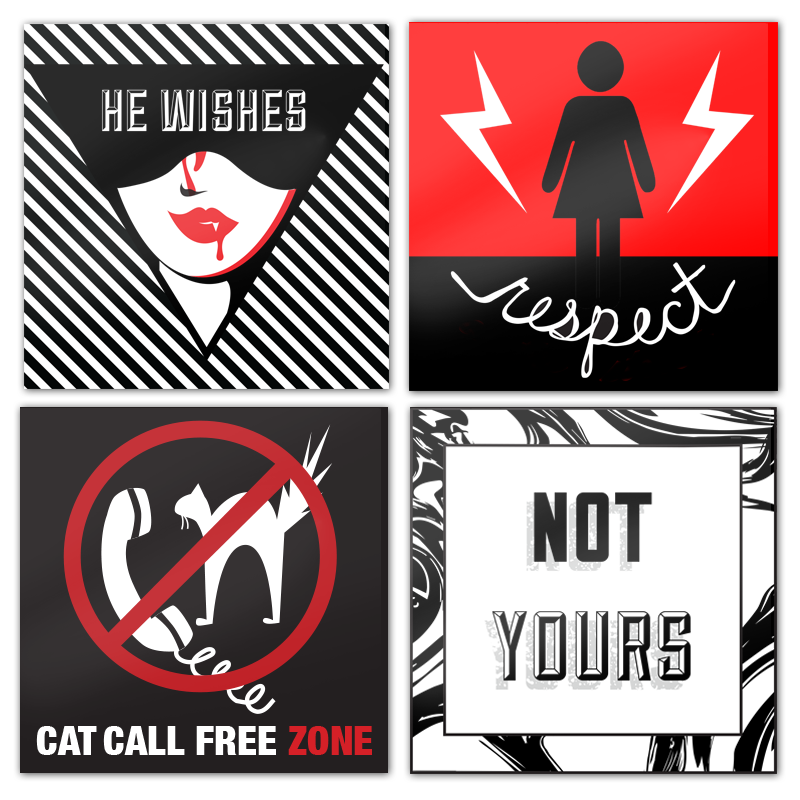

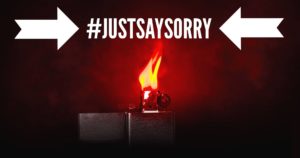 A few years have passed since Wanjuki and Wilingham were sexually assaulted while students at Tufts University and Harvard Law School respectively, they discuss the long-range impact of institutional betrayal. In a
A few years have passed since Wanjuki and Wilingham were sexually assaulted while students at Tufts University and Harvard Law School respectively, they discuss the long-range impact of institutional betrayal. In a 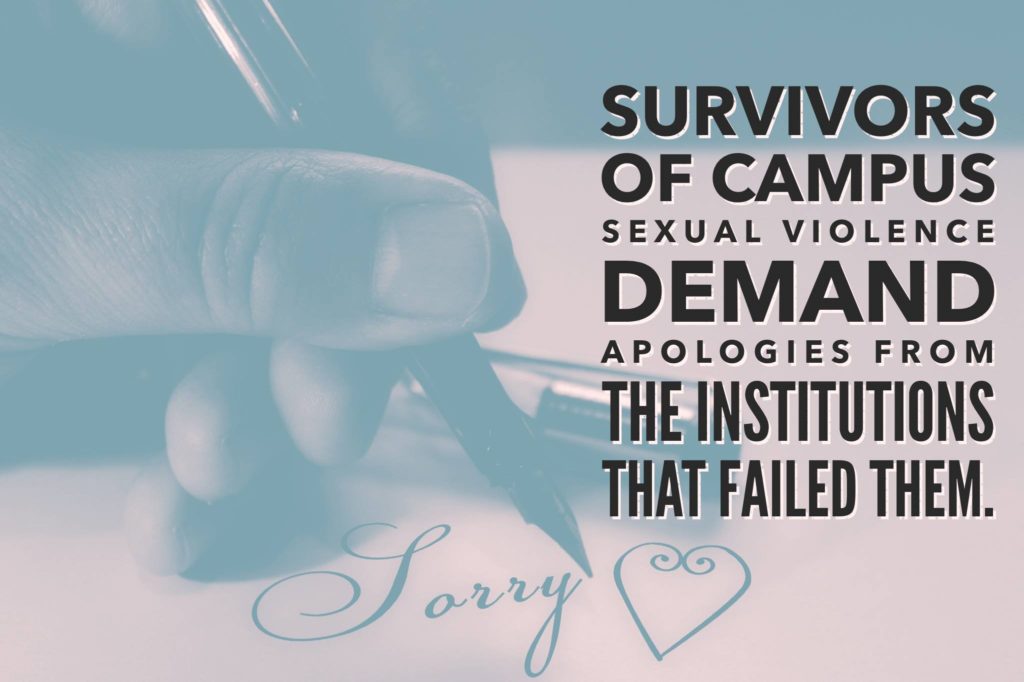 Wanjuki and Willingham are reminding us through their deeply personal and cathartic actions that genuine apologizing is a rare, critical, and distressingly radical act for administrators and institutions. Survivors Ending Rape Culture is calling on survivors to send them items from alma maters who failed them or to post videos or photos of themselves withholding their donations to their institutions.
Wanjuki and Willingham are reminding us through their deeply personal and cathartic actions that genuine apologizing is a rare, critical, and distressingly radical act for administrators and institutions. Survivors Ending Rape Culture is calling on survivors to send them items from alma maters who failed them or to post videos or photos of themselves withholding their donations to their institutions.